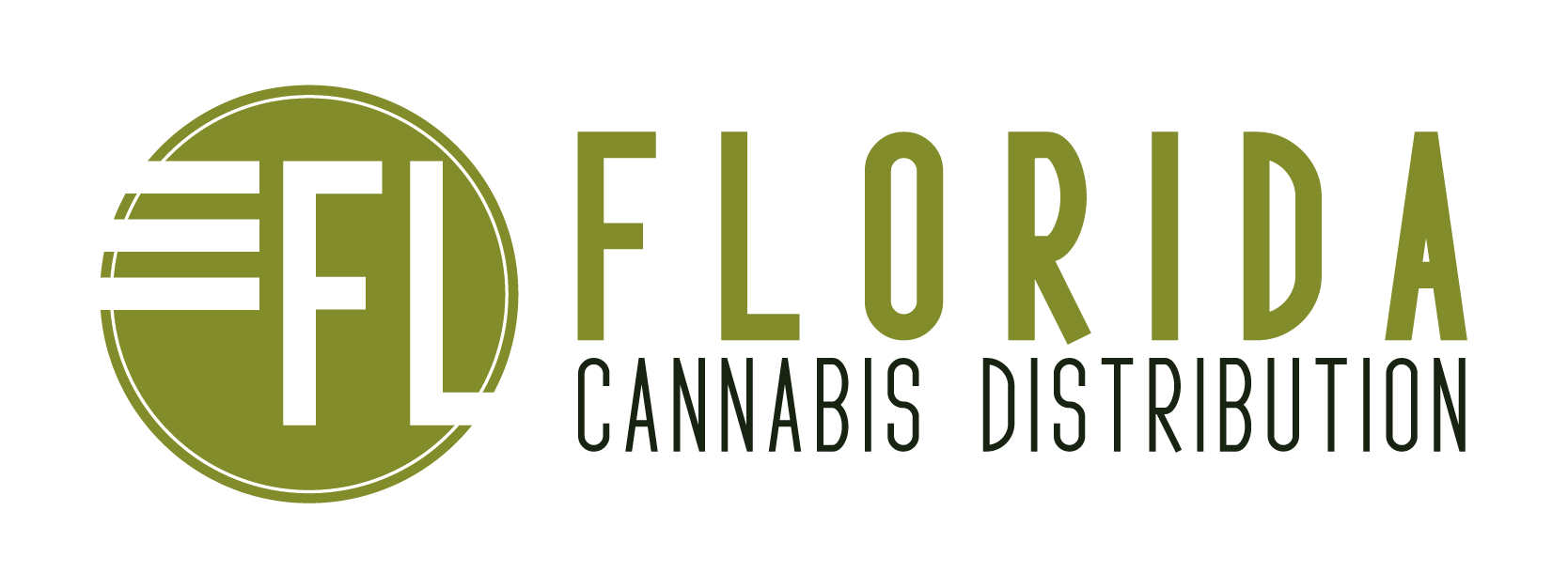Florida’s medical cannabis distribution sector, overseen by vertically integrated Medical Marijuana Treatment Centers (MMTCs), finds itself at a critical juncture as market dynamics shift faster than ever. Distributors aiming to expand must navigate a labyrinth of high costs, intense regulation, institutional bottlenecks, and growing competition from lightly regulated hemp operators.
Costly licensure and vertical restrictions
Under Florida law, MMTCs must not only cultivate but also process and dispense all products without subcontracting—a requirement that enforces vertical integration at every stage. The financial burden is steep: licensing fees alone can top $1.3 million for biennial renewal, while building out cultivation, processing, and retail infrastructure costs tens of millions.
By contrast, hemp retailers—selling THC-infused products under lighter regulations—pay just $650 annually per store, with no medical mandate or physician oversight. This cost disparity creates a major competitive imbalance: while MMTCs contend with heavy regulations, hemp shops proliferate rapidly.
License bottlenecks and litigation delays
Expansion is further hindered by Florida’s tight licensing cap. The number of operating MMTCs remains low despite the state awarding 25 additional licenses recently and another 22 pending litigation. Slow state processes and legal disputes lengthen time to market, stretching corporate patience and capital.
Market saturation and falling margins
Industry data reinforce growing pressure on distributors. In early 2024, Florida’s medical cannabis revenue growth slumped to just 1.4% year-over-year, one of the slowest rates in the country. Meanwhile, the number of dispensaries and patient demand continue rising, reflecting this trend of unit volume rising while sales dollars stagnate.
Low wholesale prices, squeezed margins, and escalating retail competition—both among licensed MMTCs and shadow hemp retailers—have rugged distributors, forcing many to rethink their expansion strategies.
Federal barriers and banking constraints
Constitutionally, cannabis remains illegal at the federal level, stifling interstate logistics and maintaining reliance on cash transactions. Banking reforms like the SAFER Banking Act remain in limbo amid US congressional gridlock. Without access to traditional banking, distributors must juggle cash handling, raising security and compliance expenses.
Uncertain future of recreational legalization
Many MMTCs invested heavily in building infrastructure anticipating a triumphant 2024 recreational legalization—expected to kick off a $5–6 billion boom. But Amendment 3 fell short of the 60% threshold in November 2024, securing only 56% support. That setback disrupted growth plans, leaving distributors with overcapacity and diminished investor confidence.
Navigating toward solutions
Industry insiders suggest several strategies: diversifying offerings—through edibles, vapes, and infused drinks—to appeal to wider consumer bases; lobbying for relaxed vertical integration rules; and urging regulators to impose stricter oversight on hemp products to level the playing field.
Outlook
Distributors in Florida’s cannabis industry face a daunting path. High capital outlays, rigid vertical integration mandates, licensing bottlenecks, sagging margins, and federal-level uncertainty have coalesced into a perfect storm. With hemp operators eating into market share and recreational legalization delayed, expansion demands strategic pivots, regulatory negotiation, and patience. For those that adapt, Florida’s cannabis frontier still holds promise—but only for the savvy and well-capitalized.

